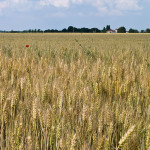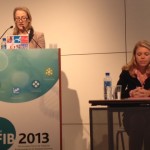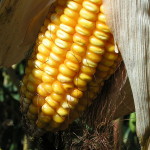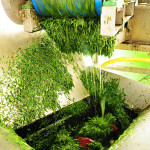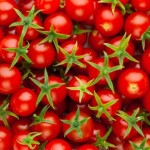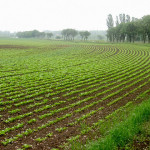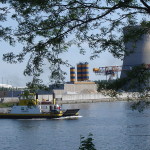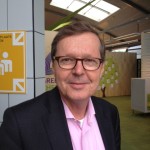Towards a smaller scale in the biobased economy: the interim results
On August 18, we started a discussion on the development towards a smaller scale in the biobased economy. We continued this discussion in a LinkedIn group connected to www.biobasedeconomy.nl. What was the outcome of this discussion? The reason why we … Read more

